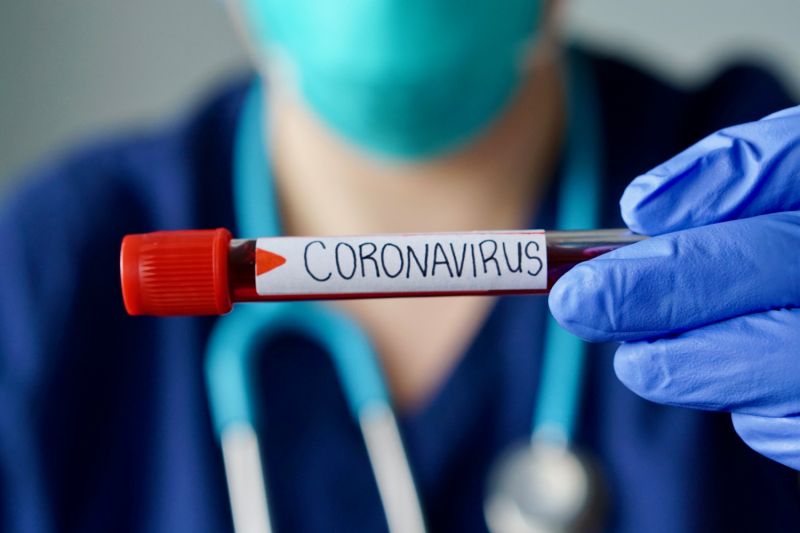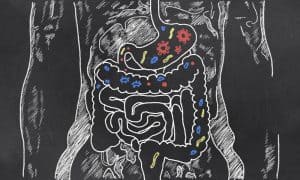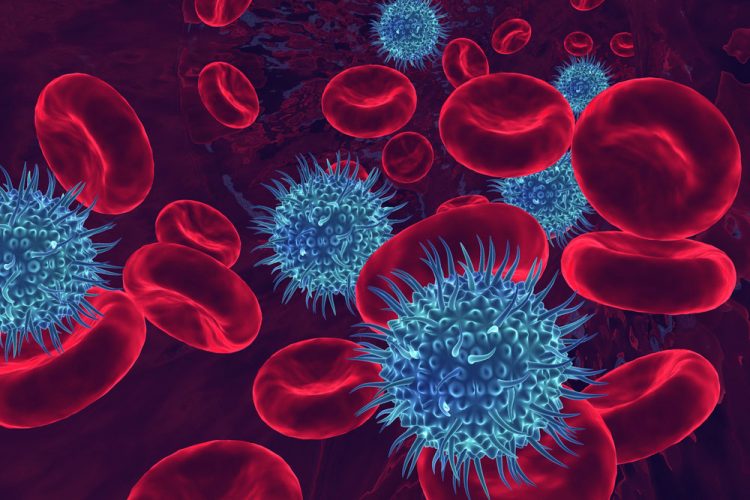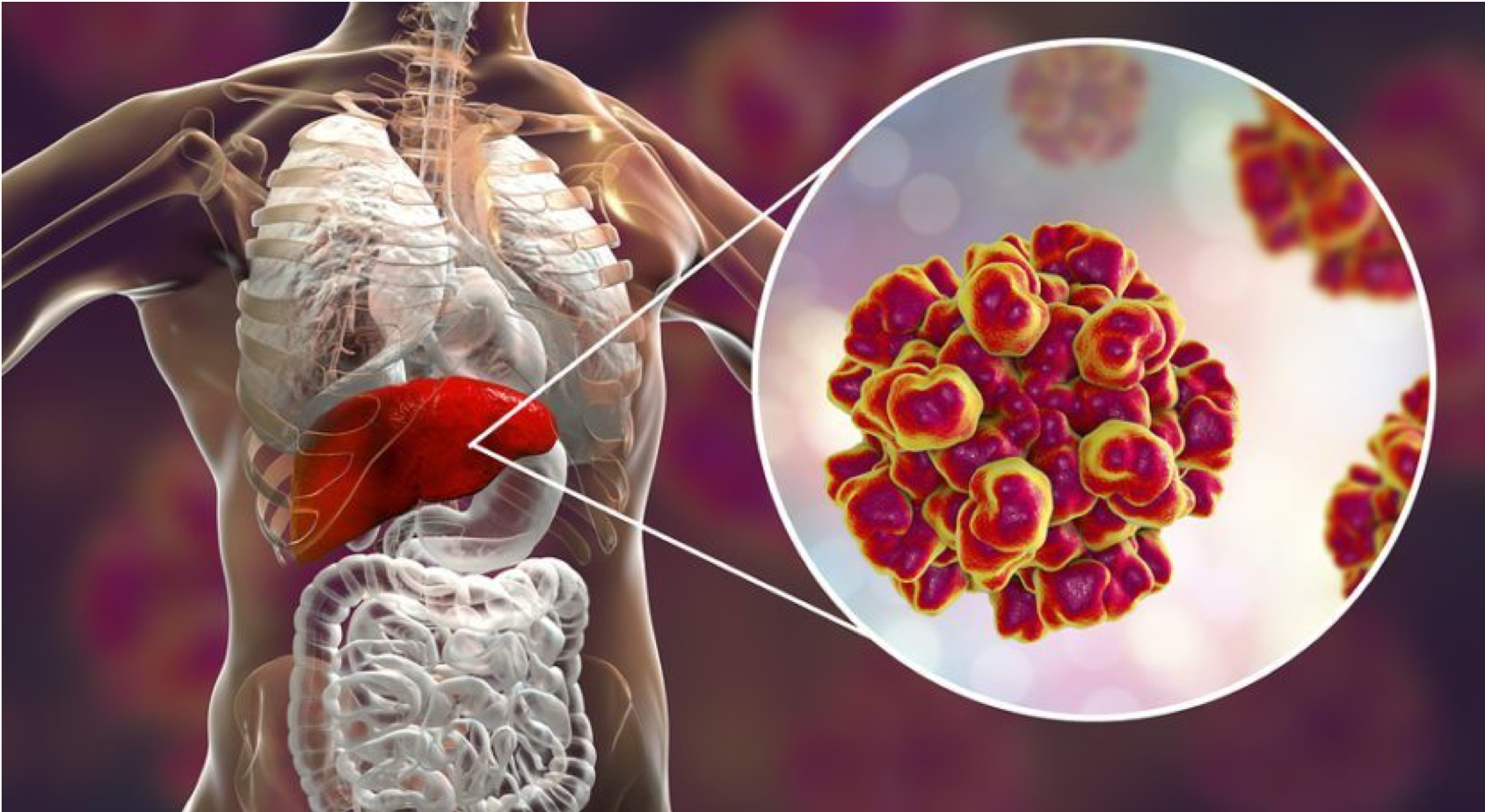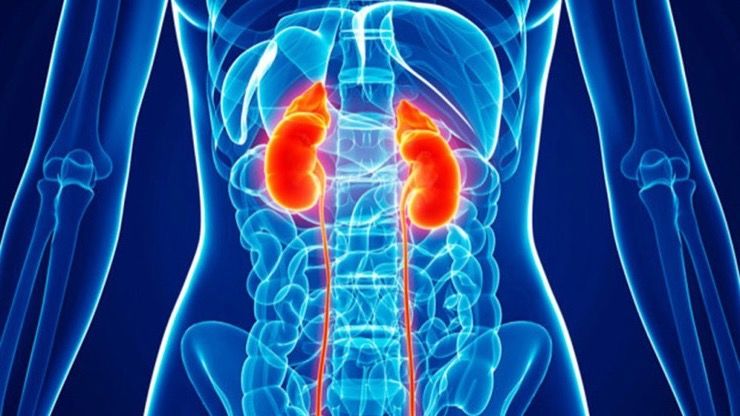SHARES

The new strain of coronavirus, “COVID-19” is rippling through China. It is spreading rapidly across the country and even abroad. In this context, China has more than 72,000 infections and the number is still rising. Death toll rises to almost 1,800 patients. The virus has spread worldwide to 500 in 24 countries .
Even though much is still unknown about the severity of COVID-19, it appears to spread faster than other coronaviruses such as SARS and MERS. Although COVID-19 contagion is higher, the fatality rate of 2.3% is much lower than SARS (10%) and MERS (35%). Fatality could be lower still, since infections reported may not have accounted for asymptomatic and mild cases.
Given the 80% similarity between the genetic code of COVID-19 and SARS, our previous understanding on SARS can provide some clues on how COVID-19 may affect our body. Covid-19 infections present in a wide range of symptoms from mild to severe, depending on the body’s immune system and its response to the virus.
#1 – Coronavirus Mostly Starts and Ends in the Lungs
This virus attacks the lungs in three stages: virus multiplication, immune hyper-reactivition, and lastly lung destruction. Not all cases necessarily progress through the 3 stages

First, the virus kills lung cells that clear our airways of mucus and debris like pollen and virus. As a result, the airway fails to clear the flood of mucoid fluids and debris. This clogs up the airway and causes shortness of breath.
Second stage: When aroused by the viral invader, the immune system fires up to destroy the virus. Sometimes, it goes into overdrive and kills everything, including healthy lung tissue.
During the third phase, lung damage continues, building more debris, which can result in respiratory failure or permanent lung damage and in severe cases, death.
#2 – The Gut, A Common Doorway for Entry of Coronavirus
SARS and MERS commonly affect the gut in both animals and humans, causing diarrhoea. About a quarter of patients with SARS and MERS infection had symptoms such as abdominal pain and diarrhoea. However, apparently in COVID-19, such symptoms are much less common.
In this sense, coronaviruses are more picky with which type of cells to invade. They can enter your body through the cells lining your intestine. When these cells are infected and damaged, the intestine leaks fluid, leading to diarrhoea. Sometimes, the virus replicates itself and is shed into the stools. It can then transmit to another host (animal or human) when the faeces contaminate food and water source.
#3 – Blood Storm in Severe Cases
Coronavirus can cause the release of huge amount of body inflammatory mediators such as cytokines. Normally, these immune reaction are important to kill cells that are infected by viruses.
However, when the system goes haywire and mounts a hyper response, it kills massive number of cells including healthy tissue too. In such a situation, cytokines in the lungs can cause cells to die and fluids from blood vessels to leak into the air sacs. This causes less blood and oxygen reaching your vital organs, made more serious if you have diabetes or heart conditions. Things can take a really sharp turn for the worst if the kidney, liver and spleen are seriously affected.
#4 – Coronavirus Goes to the Liver
When the infection spreads into the bloodstream, it can circulate to the entire body. In such instances, the liver is a common spot where the virus may wreck havoc. This is because the liver pools large amount of blood.
Under normal circumstances, the liver filter blood with the help of various enzymes. When liver cells die, these enzymes can present in abnormally high levels in the blood. Sometimes, the enzyme levels rise temporarily during immune reactions when the body is fighting off infection. If the injury to the liver is mild, the liver will recover. However if severe, liver damage happens leading on to liver failure. Liver failure usually occurs together with failure of other vital body organs, such as kidney.
#5 – Kidney Damage in Coronavirus Infection – Rare but Fatal
Kidney, just like your liver, is also full of blood. Like the liver, the kidney functions to filter your blood. Although no studies can confirm that coronavirus can replicate and spread in kidney cells, a small number of patients had acute kidney injury. This can be cause by a combination of multiple insults to the kidney. For example, low blood pressure, drugs, and bloodstream infection.
Protect Yourself against the Coronavirus
Conclusion
We need more concerted efforts to understand and curb the spread of COVID-19. It is clear from history that viral infection can spread from animal to human. Coronavirus is one of them. Research and understanding of this big part of nature is fundamental to prevent future disease outbreak.
Find a GP/Family Doctor in Malaysia, on GetDoc
Find a GP/Family Doctor in Singapore, on GetDoc
References
- Amy M. Here’s what coronavirus does to the body (Internet). National Geographic Partners, LLC. 2020. [Available from: ;last updated on 2020 Feb 15; last accessed on 2020 Feb 17]
- Ding Y, et al. Organ distribution of severe acute respiratory syndrome (SARS) associated coronavirus (SARS-CoV) in SARS patients: implications for pathogenesis and virus transmission pathways. J Pathol. 2004 Jun;203(2):622-30.
by Chang Xian
View all articles by Chang Xian.
